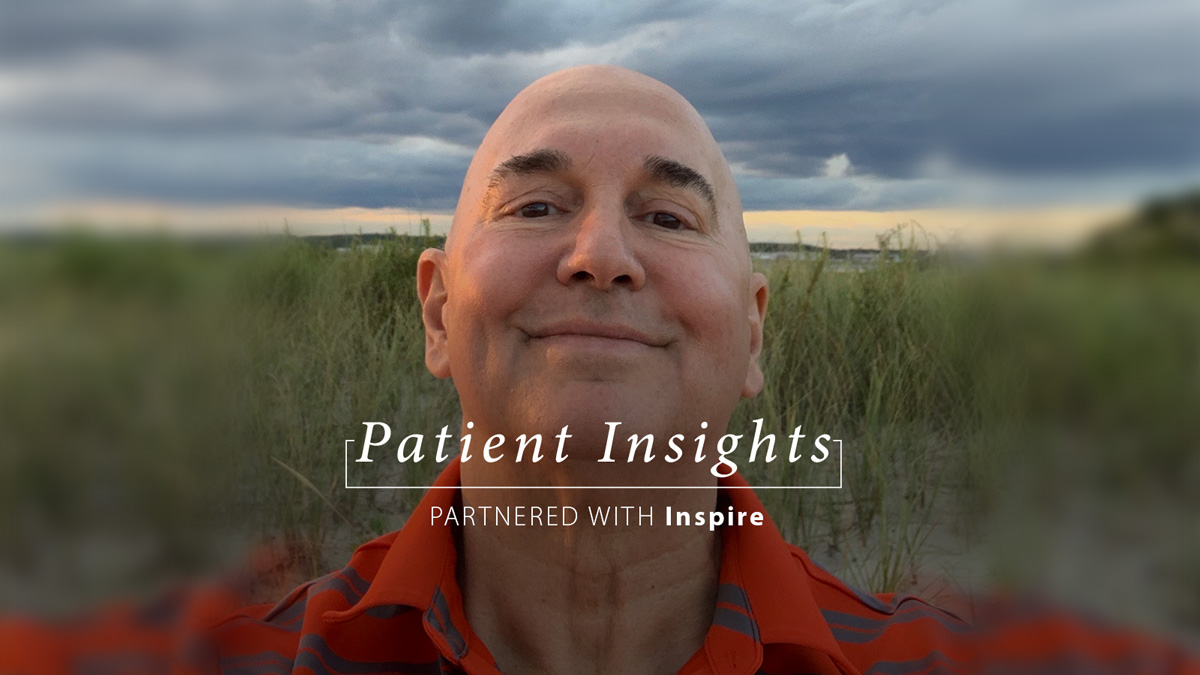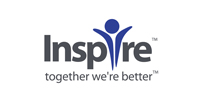Finding resilience after an HIV diagnosis

Author and journalist John-Manuel Andriote has spent much of his career writing about the impact of HIV/AIDS – a job that became much more personal when he himself was diagnosed in 2005. He tells pharmaphorum about the importance of resilience in coping with a serious illness.
John first began writing about HIV/AIDS as a journalist in 1986.
“I had two friends of mine in their 20s die from AIDS while I was in journalism school in 1985 – a time when AIDS was always in the news and there was a lot of hysteria in the US surrounding it.
“It really captured my attention as a gay man whose community was being affected, and as a journalist interested in current events.”
John continued to write about AIDS for 20 years. In 1999, his book Victory Deferred: How AIDS Changed Gay Life in America, was published to glowing reviews.
He describes the book as a “journalistic history of how AIDS transformed the gay, LGBT, civil rights movement into a national force” through fundraising and organisation.
Then in 2005, three weeks after his 47th birthday, an annual physical checkup changed John’s life forever.
“I had no warning. I had none of the symptoms… I wondered how I could have an AIDS diagnosis despite getting tested regularly”
“My doctor called and said, ‘I have bad news on the HIV test’.
“Suddenly, this thing that I had written about and had affected my friends became as personal as it gets.
“I had no warning. I had none of the symptoms, such as night sweats or sore lymph nodes, and suddenly not only did I have an HIV diagnosis, but I had 198 T cells, so I had an AIDS diagnosis as well. When my doctor told me I wondered how I could have an AIDS diagnosis in 2005 despite getting tested regularly. It was very shocking.”
In fact, although John thought he had been tested regularly, it turned out his doctor has not tested him for a few years based on their mutual assessment of John’s risk level.
John’s reporting on AIDS evolved into writing about the experience of living with HIV firsthand.
“No longer was I telling other people's stories – I was telling my story, and I had to figure out how exactly I wanted to do that. How did I want to frame it? What did I want that to be about? Eventually, that led me to writing Stonewall Strong: Gay Men's Heroic Fight for Resilience, Good Health, and a Strong Community.”
The book is partly a memoir, partly a look at people who have found resilience when dealing with devastating diseases and other traumas.
“I realised that because of the 20-plus years I had spent writing about AIDS and interviewing people who have lived and died with HIV, I had some good role models for telling my own story.
“I decided the role models I wanted to emulate were the gay men in the early 80s who, when there was so much stigma and fear and ignorance, bravely stood up in public and said, ‘This is something I have. It's an illness. It's not a moral condition. I'm not going to be ashamed of something biological.’
“They took control of the story of their lives and they said, ‘We are people with AIDS. We're not AIDS victims.’ My modus operandi is approaching it from the standpoint of being a survivor and being resilient.”
“Humour is a huge part of resilience and of survival... By acknowledging how scary this is and flipping it on its head, you can laugh and make it easier to deal with”
‘Resilience’ is the key term that defines the book for John.
“This is one of the biggest challenges that I've ever had to deal with, but I've dealt with other challenges, and I've discovered my own resilience and strength. When I was looking at AIDS as a reporter, I found plenty of evidence for amazing resilience in other gay men. That's what I wrote about in Stonewall Strong.”
John says that a huge part of resilience – and therefore a key part of the book – is the humour that people find even in grim situations.
“Humour is a huge part of resilience and of survival. One of the best examples is when people with AIDS created a magazine called Disease Pariah News.
“They took the stigma associated with HIV and they flipped it on its head, in a similar way to how a lot of younger people have done with the word ‘queer’, for example.
“Graveyard humor can be the healthiest way to deal with some really terrifying situations. By acknowledging how scary it is and flipping it on its head, you can laugh and it just makes it easier to deal with.”
Likewise, John says he is keen for people working in the healthcare sector to not just view people with HIV as patients.
“The word ‘patient’ is used all the time by people in the industry – but it's really important to point out that I only think of myself as a patient in connection with my doctor.
“HIV is something that I have. It's not who I am. It's not my identity. I only really think about it when I take my pills every day or have to see my doctor. When I meet a new person, I don't say, ‘Hi, I'm John and I have HIV.’
“Part of my advocacy is about educating people who don't have HIV or who aren't gay on the things anyone can learn about resilience. For me, it’s less about being a patient and more about what I’ve learnt and what people I’ve interviewed have learnt, and how anyone can benefit from that.”
To John, all of this again shows the importance of people taking control of their own story.
“I think this comes from being a writer. You need to decide for yourself what traumatic experiences will mean in the story of your life.
“Living with HIV right now, I could say, ‘It's the most traumatic thing that’s ever happened to me’. It's a daily challenge, a reminder of mortality, and it’s a hassle to take pills every day. That would be one way to frame it. I certainly know people who frame their experience with HIV like that. But for me, my starting point for living with it is gratitude.
“I'm grateful to be alive. I'm coming upon my 15th anniversary since my HIV diagnosis and I'm extremely healthy, all things considered – I’ve seen how devastating HIV can be when there's no treatment available. I'm grateful that medications exist that enable me to go about my life without having to think about HIV every minute of the day. I'm grateful to the people who dedicate their lives to creating these medications.”
 Patient Insights is a monthly series that appears in partnership with Inspire, a company with an online support community of more than 2 million patients and caregivers worldwide.
Patient Insights is a monthly series that appears in partnership with Inspire, a company with an online support community of more than 2 million patients and caregivers worldwide.











